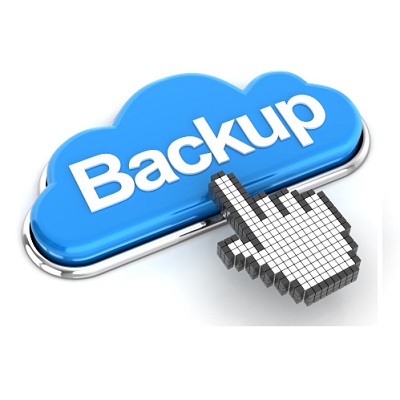Imagine for a minute that you work in a small factory or machine shop. Some wind comes through and drops a 200-year-old maple tree through the roof onto the machines that you use to create your product. The devastation is total. If you have a second factory built to scale from the first, you could just ship your workers over to that one and keep productivity high. Chances are, however, there is no second factory. Your business is done until you can get the situation fixed. It could take days, weeks, or even months to get your business back on track; and if the stats are any indication, it probably won’t.
The same goes for the business that depends mostly on data to make things happen. Today we will take you through the scenarios between two very different offices:
Scenario 1: The Call Center
Sonny runs a call center. He has a few contracts to provide customer support for a food distributor, a class action lawsuit, and a chain of hardware stores. Each call that is made is logged by the call center software on a centralized server. When the company started, they had put in a backup system, but over the years (and through growth) it has become antiquated and unreliable. The hardware is getting older and isn’t meticulously maintained.
One day, one of the unpatched applications used in the call center is hacked and flooded with malware. As it is fixed, it is found out that a whole database is corrupted and inoperable. Hundreds of clients from one business have had their data deleted and hundreds more are exposed from the data breach. The company could have stopped the bleeding somewhat if it had a reliable backup system that would have allowed for the data to be utilized while a plan for new hardware took shape. Instead the company is sure to go belly up now because IT wasn’t sufficiently maintained and backed up, and no company with a reputation for losing customer data does very well, especially as data privacy awareness improves.
Scenario 2: The Bakery
Michael runs a bakery and a distributor. They bake your favorites and more. As an industrial bakery, their whole endeavor is based on inventory control, efficiency, and timing. As a result, they have invested in a business intelligence strategy that will let them know what products the customers like, where they like them most, and how to get them to those customers. Since there was no place to put servers in their location, they have decided to run their IT in the cloud.
Since they host their operations, communications, and their BI system in the cloud, their data is backed up as a part of a service agreement. The data will reliably be there until they choose that it shouldn’t be. By keeping their data available and redundant, the cloud provider makes depending on technology easier.
There was no mention of BDR until now. That’s because the only thing that matters is that you have your data backed up using the 3-2-1 rule. That dictates that:
- You have a total of (at least) three copies of your data.
- Two of these copies are maintained as backups.
- (At least) one of these copies is stored in an offsite data center.
Protect your business by protecting your data. Leave your thoughts in the comments below, and if you are looking for more great anecdotes, return to our blog regularly.





